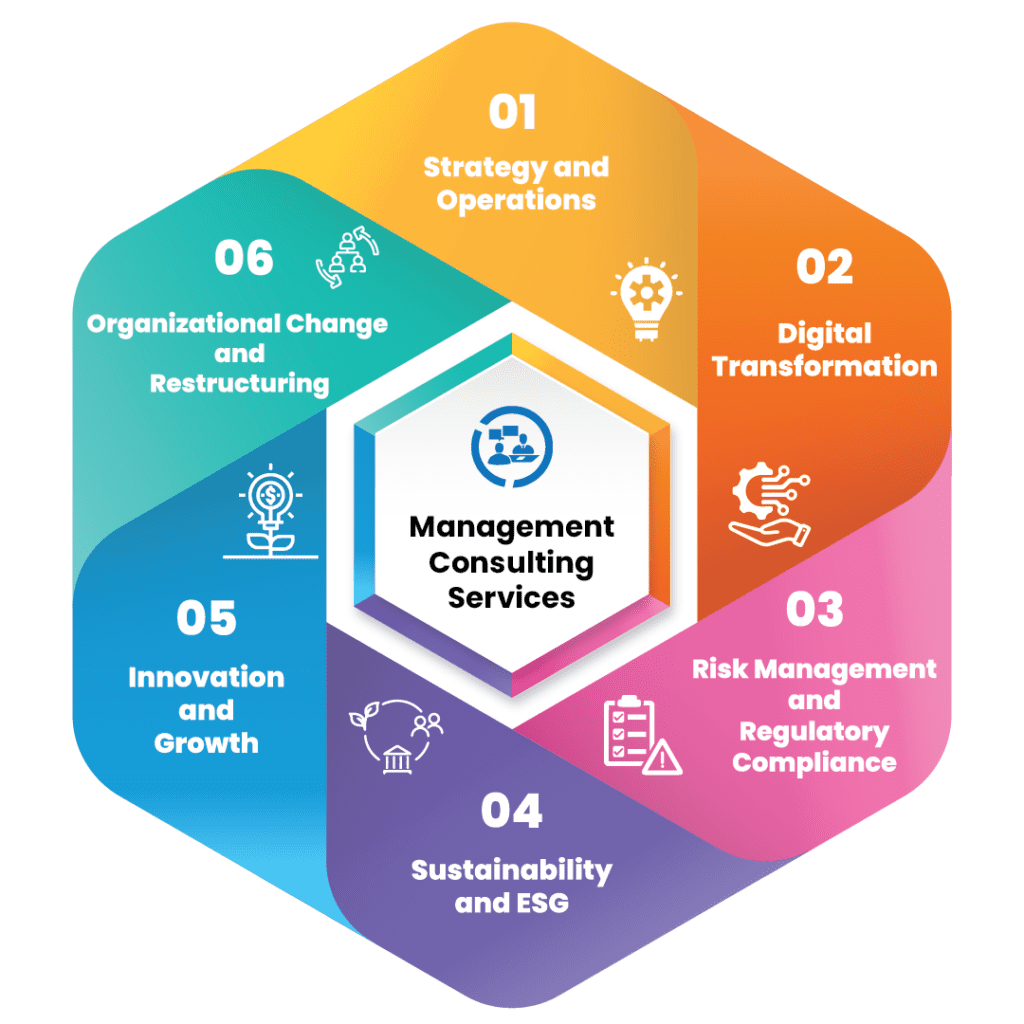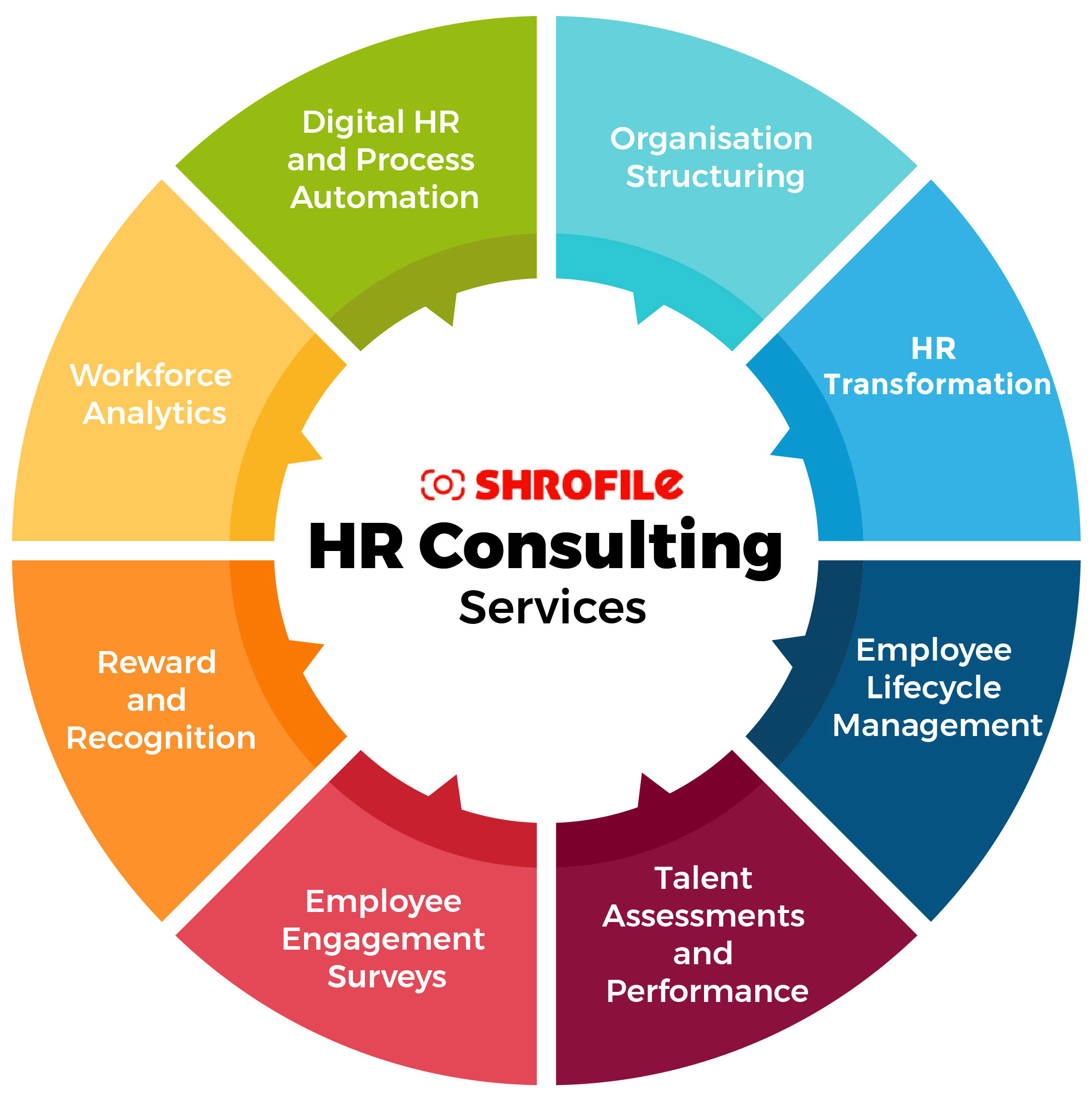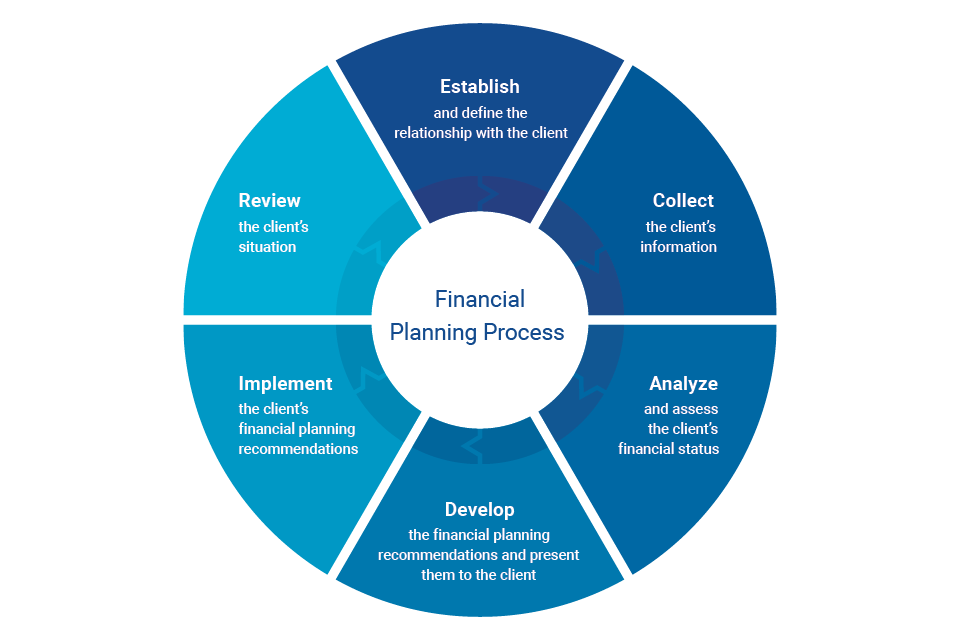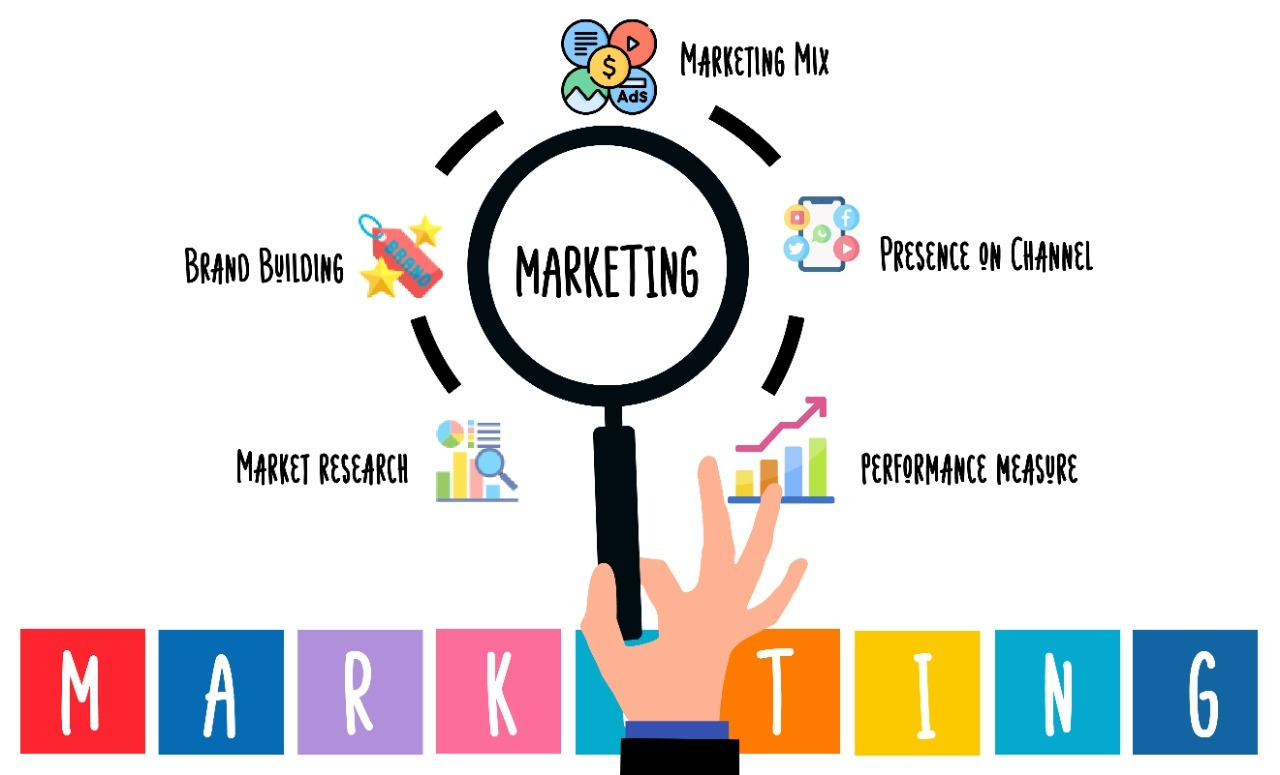A Sip of Strategy: Tasting the Many Flavors of Consulting
TL;DR
- Management Consulting: Helps improve overall business performance through strategy, operations, and organizational changes.
- IT Consulting: Focuses on integrating and optimizing technology solutions to boost efficiency.
- HR Consulting: Guides on talent management, recruitment, training, and organizational structure.
- Financial Consulting: Advises on budgeting, investment strategies, risk management, and financial health.
- Marketing Consulting: Develops targeted campaigns, branding initiatives, and customer engagement strategies.

In today’s rapidly evolving business environment, organizations often seek external expertise to solve complex challenges, refine strategies, and gain a competitive edge.
Consulting services come in various flavors, each tailored to address specific areas of a company’s operations.
Below are some of the most common types of consulting—along with practical, real-world examples—to help you understand their scope and impact.
1. Management Consulting

What It Entails:
Management consultants advise on broad business strategies, helping organizations streamline operations, define long-term goals, and improve organizational structures.
Practical Example:
A manufacturing firm struggling with declining productivity may hire a management consultant. The consultant could review existing processes, suggest lean manufacturing techniques, and restructure internal teams to eliminate bottlenecks.
The result: shorter production times, reduced waste, and a more profitable operation.
2. IT Consulting

What It Entails:
IT consultants focus on integrating the right technologies to improve efficiency, reduce costs, and enhance the overall digital ecosystem of the organization.
Practical Example:
A retail company aiming to go fully online might bring in IT consultants to implement an e-commerce platform, automate inventory management, and secure customer data.
The result: This leads to a smoother online shopping experience and improved cybersecurity measures.
3. HR Consulting

What It Entails:
HR consultants help businesses optimize their workforce through better hiring practices, training programs, performance evaluations, and organizational design.
Practical Example:
A startup experiencing rapid growth but high employee turnover could engage an HR consultant. The consultant might introduce new onboarding processes, career development plans, and performance-based incentives.
The result: employees feel valued, stay longer, and productivity improves.
4. Financial Consulting

What It Entails:
Financial consultants offer guidance on budgets, investments, risk management, and financial planning, ensuring companies maintain a healthy fiscal trajectory.
Practical Example:
A mid-sized company looking to expand internationally could use a financial consultant. This expert might analyze cash flow, recommend safe investment channels, and create contingency plans.
The result: The company gains confidence to expand without overstretching its finances.
5. Marketing Consulting

What It Entails:
Marketing consultants help shape branding efforts, refine messaging, and target the right audience through strategic campaigns, both online and offline.
Practical Example:
A local café aiming to attract a younger crowd hires a marketing consultant. By introducing a loyalty program, improving social media outreach, and hosting community events, the café becomes a popular hangout spot, boosting revenue and brand recognition.
The result:- Better and optimized marketing hence driving change in the people's general outlook
Comments
Post a Comment